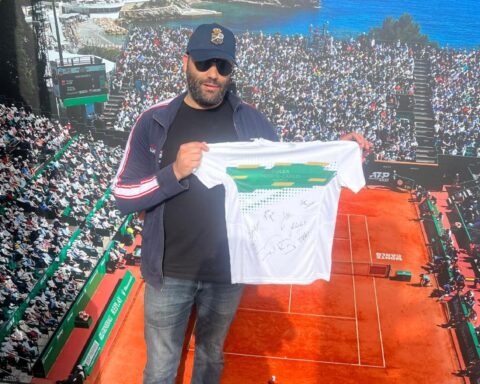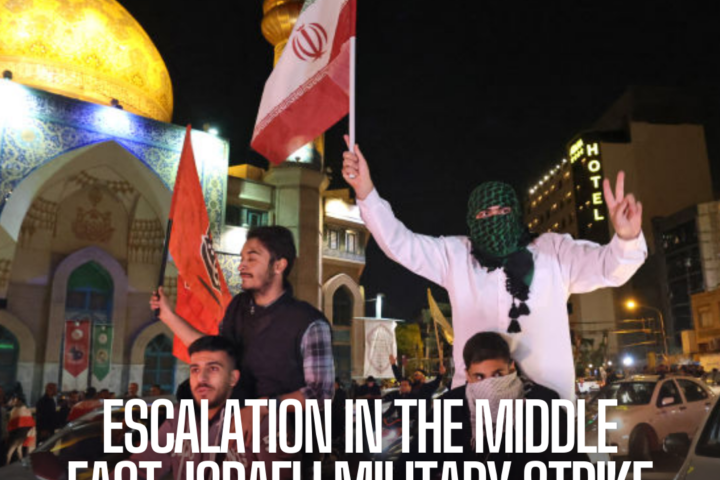Indonesia embarks on a historic electoral journey as it prepares to transition into a new political era following President Joko Widodo’s completion of his maximum presidential term.
With over 200 million voters participating, the nation is poised to elect a new president, vice president, parliamentary representatives, and local officials in what is hailed as the world’s largest single-day election.
High Turnout and Participation:
Over 204 million registered voters, representing a significant portion of Indonesia’s population, are set to exercise their democratic rights. Although voting is not mandatory, election day is a public holiday, traditionally ensuring a high turnout.
In the previous election in 2019, voter turnout reached an impressive 81 percent, reflecting the nation’s engagement in the electoral process.
Gender Representation and Voting Criteria:
Gender parity is evident among registered voters, with approximately equal participation from male and female constituents. Notably, members of the Indonesian police and military are prohibited from voting.
Presidential candidates must secure 50 percent of the total vote and a minimum of 20 percent of votes in each province to secure victory, underscoring the importance of broad-based support.
Diverse Political Landscape:
The electoral landscape is characterized by 18 national political parties vying for 575 parliamentary seats.
With President Joko Widodo completing his two-term tenure, the election marks a significant change in leadership after a decade.
The race features three distinct presidential and vice-presidential pairings, representing diverse backgrounds and ideologies.
Rigorous Oversight and Expectations:
Approximately seven million election officials and independent workers will oversee the electoral process at nationwide polling stations.
While a preliminary outcome is expected on the evening of February 14th, the official result may take up to 35 days to be declared, particularly if the margin of votes is narrow.
The outcome of these elections will shape Indonesia’s political landscape for years to come, signifying a crucial moment in its democratic journey.


























